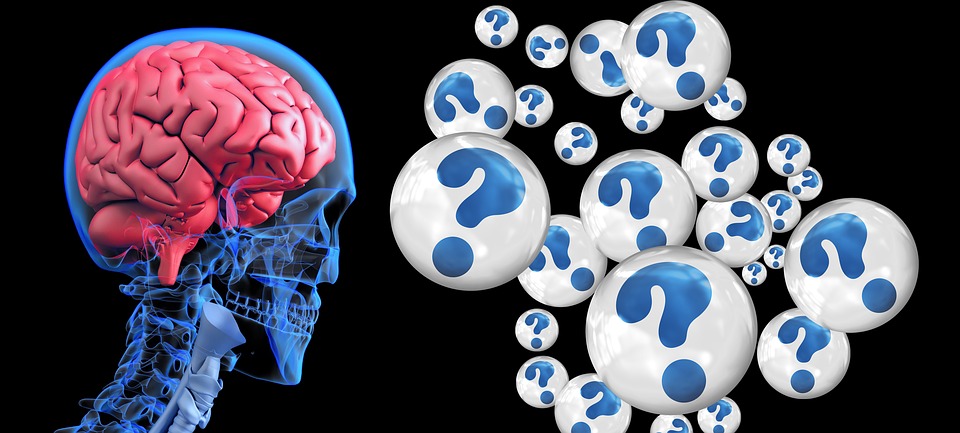This article discusses the symptoms, precautions, and treatment of brain concussion. It is important to follow these recommendations to help prevent or minimize the effects of brain injury. If you have suffered a brain concussion and are unsure how to treat the symptoms, please consult a medical professional. A medical professional can recommend the best course of treatment. The following information is for informational purposes only. You should seek medical advice only if severe symptoms persist for more than three days.
Treatment
A typical course of treatment for a brain concussion begins in the hospital and may involve inpatient rehabilitation. However, depending on the severity of the brain injury and the location of the injuries, rehabilitation may extend to outpatient services and/or residential treatment. Additional treatments may be required to minimize secondary damage, such as anti-seizure medications or acupuncture. In severe cases, surgery may be necessary to repair skull fractures, remove large blood clots or relieve high intracranial pressure.
After a concussion, the patient should be given plenty of rest and may be advised to limit activity that requires concentration. Light physical activity is usually allowed after a few days. Still, patients should be cautious about returning to sports too soon, as this may increase the risk of another brain injury. The physician will also discuss other ways to improve the condition and safely help the patient return to physical activity. However, it is important to discuss the risks and benefits of certain sports activities with the patient.
Symptoms
Symptoms of brain concussion may start immediately after a head injury or show up days or weeks after the injury. Although they are typically short-term, they may be persistent and cause problems with memory, thinking, and finding words. A healthcare provider can provide you with more information and refer you to other resources.
Although you can never prevent a concussion, you can protect yourself and avoid further damage by following proper precautions. First, it is important to understand the type of brain injury that concussions cause. People who play high-contact sports are at higher risk. When visiting a physician after a brain concussion, write down important medical information, such as the type of activity you participated in before the accident.
The first few days after a brain concussion should rest and take it easy. This doesn’t mean that you should stop doing things altogether, but you should limit your activities to those that require high mental concentration and avoid physically taxing activities. Then, ideally, you should gradually return to your normal activities.













